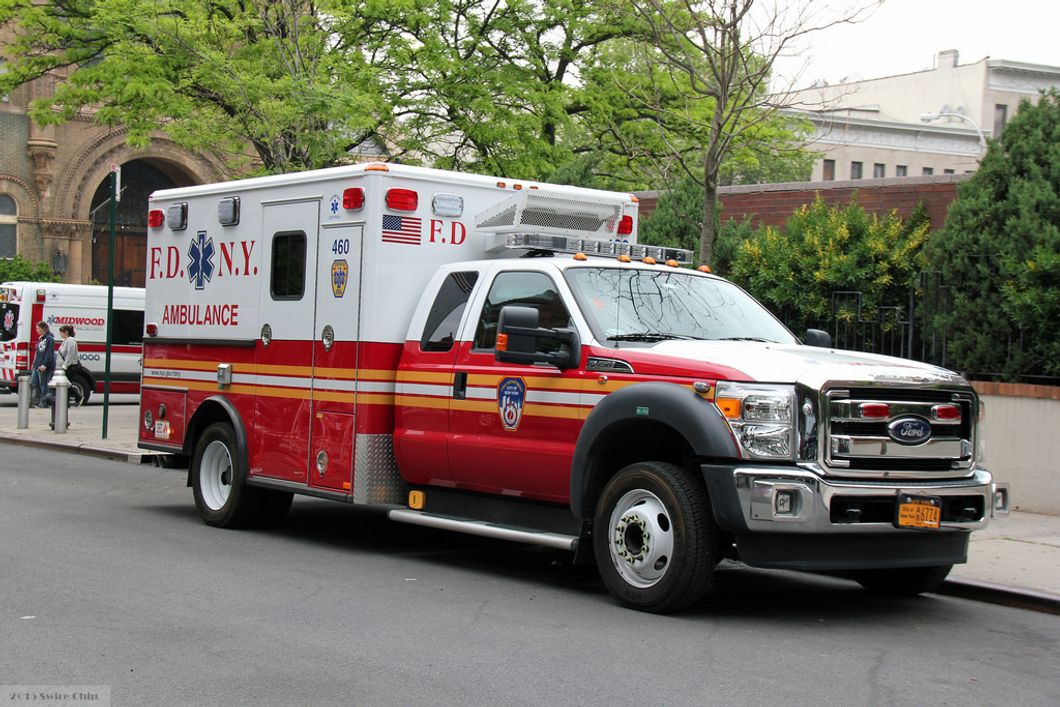One morning, Tiffany Tate had a headache at her cafeteria job at the Medical College of Wisconsin. During her work break, her condition worsened. Her words were slurring, the left side of her face was drooping. She was having a stroke.
One would think that she was in the right place for this moment: 350 yards away from the most experienced and advanced stroke care hospital in the area. However, her ambulance hadn't taken her to that hospital. After being driven to two other hospitals with limited stroke care, she passed. Why?
A controversial tactic that hospitals across the U.S. have been using, called ambulance diversion, allows hospital officials to determine that the emergency room is too busy to accept more patients. This acts as a "temporarily closed" sign.
I, along with many of you reading I am guessing, thought that this would be illegal. Aren't emergency rooms unable to turn away patients under the law?
Technically, under the law, this only counts if the patient arrives at the emergency room. If ambulances are instructed not to arrive at a hospital, the law is irrelevant.
Across the country, this practice is being allowed, with the rules governing the practice vary widely. This includes L.A., Phoenix, Chicago, even New York. No agency regulates it. No one tracks how many patients like Ms. Tate are turned away, and what their outcomes are. According to researchers, the practice is being abused. And one 2017 study found that
"Black patients had an increased chance of dying from heart attacks and strokes as hospitals in largely minority neighborhoods were going on diversion more often than others."
The beginning of this practice was as a response to overcrowding in ER's, as hospitals cannot turn people away. Although underprivileged communities may be hit by this practice the hardest, this could affect anyone.
If your loved one enters an ambulance, you would hope that the ambulance would not be diverted from the best hospital for their care.
This is one of many problems with our current healthcare system, where providers are unable to meet the needs of patients. However, what if Tiffany Tate had access to primary care that helped manage her condition? What if the risks were caught early on so that a stroke could be prevented or even expected? If all Americans were covered universally for their healthcare, more people would seek preventative care, and fewer people would show up to the emergency room the last minute when their condition is at its worst. Less overcrowding, and more room for people like Ms. Tate, who suffered an unexpected, time-sensitive stroke.
Our healthcare system is in need of revamping, and stories like the Tate family's further emphasizes how dire Americans' situations are.
















